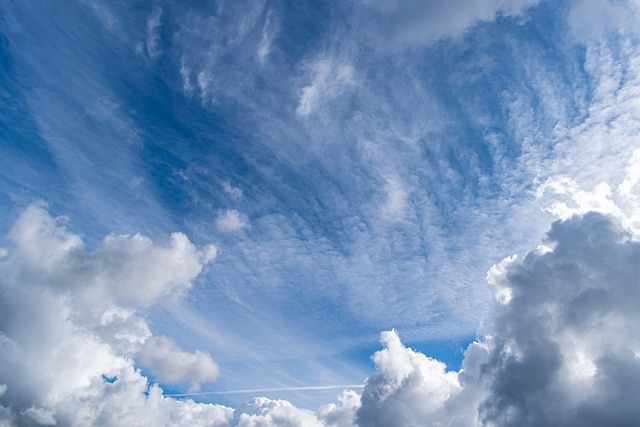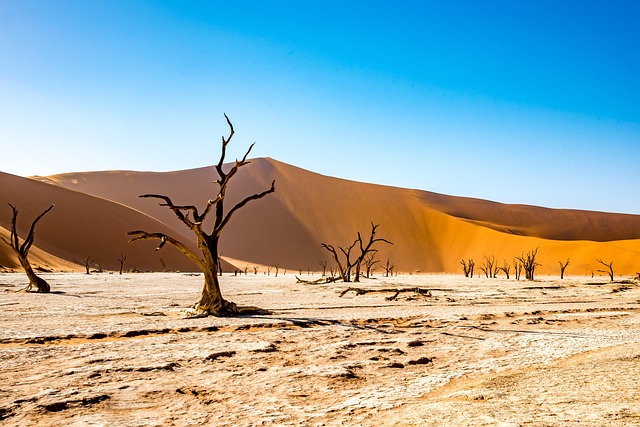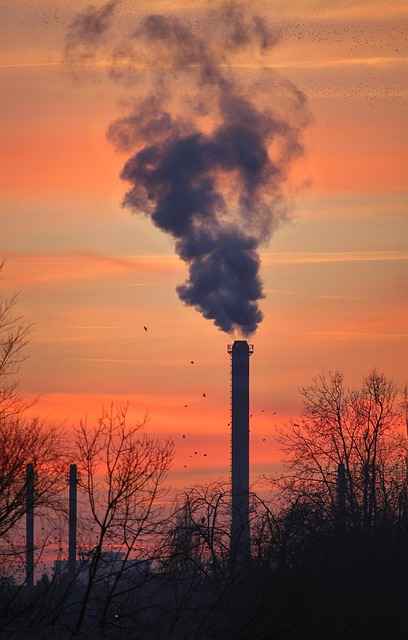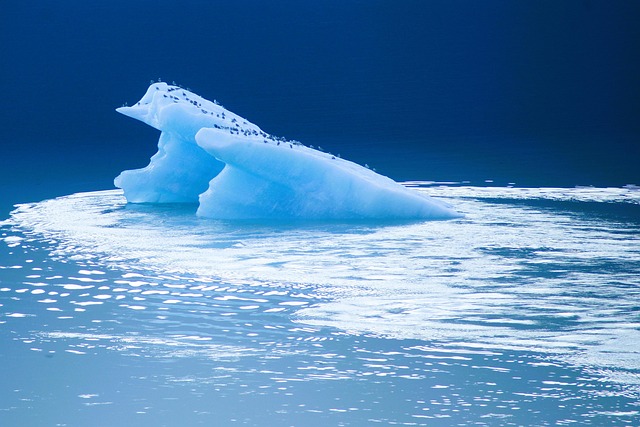
Climate change
Climate change endangers people through rising floods, harsher heatwaves, reduced access to food and clean water, the spread of illnesses, and financial damage. It can also drive human displacement and spark conflict. The World Health Organization identifies climate change as one of the greatest health threats of the 21st century.
Without steps to reduce global warming, communities and natural systems will face increasingly severe dangers.
Climate change news
Since late June, monsoon downpours have claimed the lives of over 900 people in Pakistan. In Punjab province, around two million residents have been displaced as floodwaters surge across the eastern areas.
The deluge has wiped out vast stretches of farmland and homes, leaving deep scars on communities where nearly 40% of people live in poverty. The worsening floods are a consequence of climate change, which has intensified Pakistan’s vulnerability.
What is climate change?
Climate change refers to a lasting shift in the typical weather conditions that shape local, regional, and global climates on Earth. These shifts bring a wide variety of effects commonly linked to the term.
Since the mid-20th century, human actions—especially the burning of fossil fuels—have been the main drivers of Earth’s climate changes. This process increases the concentration of greenhouse gases that trap heat in the atmosphere, leading to a rise in the planet’s average surface temperature.
Climate change definition
Climate change is an extraordinary challenge, yet it also provides a chance to create a more sustainable and resilient planet. Clean energy lies at the center of this shift.
Green energy gives us optimism for tomorrow! By adopting renewable solutions, we can cut down emissions, safeguard nature, and secure a brighter future for the generations ahead.
Is climate change real?
In one sense, everyday weather might be viewed as a small-scale form of climate variation. Over the span of a single day, temperatures rise and fall, winds shift in strength and direction, and precipitation such as rain or snow moves across different regions.
While we can directly experience each of these shifts, they are typically separated from broader discussions of climate, since they represent short-term fluctuations rather than long-term trends.
What causes climate change
Producing electricity and heat through the combustion of fossil fuels is responsible for a significant share of global emissions. The majority of the world’s electricity is still generated by burning coal, oil, or natural gas, which releases carbon dioxide and nitrous oxide—potent greenhouse gases that trap solar heat in the Earth’s atmosphere.
Worldwide, just over one-fourth of electricity is supplied by renewable sources such as wind and solar. Unlike fossil fuels, these clean energy technologies release little to no greenhouse gases or harmful pollutants into the atmosphere.
Best climate change
The year 2021 left a lasting imprint on weather history. It witnessed the most intense heat wave ever recorded — the late-June event across western North America, which shattered long-standing records by margins never seen before.
That same year also brought four massive weather-related catastrophes, each causing damages exceeding $20 billion, equaling 2017 for the highest number of such costly disasters in a single year.
Effects of climate change
Unusual weather disasters that may have occurred only once during our grandparents’ lives are happening more frequently in ours.
Still, the impacts won’t be the same everywhere: Climate change could bring intense drought to some areas while increasing the risk of flooding in others.
Climate change 2025
Despite all the intricate technical preparations and behind-the-scenes efforts, it’s crucial to recognize the significant advancements that Parties have made through their commitment and collaboration, with support from the secretariat.
Without the UN-led process of climate multilateralism, the world could be facing a temperature rise of up to 5°C, which would have catastrophic consequences for every country, community, and economy.
Climate change articles
An article in Nature reported that at the close of the last ice age, two major natural events took place — one about 10,300 years ago and another roughly 8,300 years ago.
During these periods, ocean levels rose sharply as massive pulses of meltwater from the North American and Antarctic ice sheets entered the seas, with maximum rates approaching 9 millimeters per year — similar to forecasts for the end of this century under high-emissions pathways.





